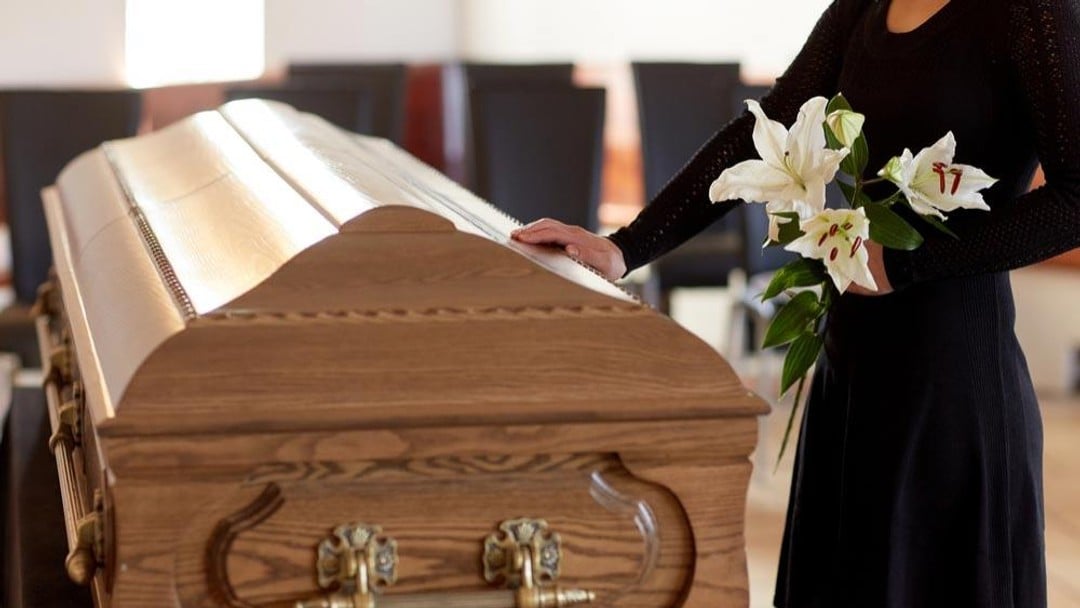Modernising death: Law Commission’s review of funerary methods

By Kate Salter
A new Law Commission review could transform how England and Wales handle death, burial, and sustainability.
The Law Commission’s consultation on new funerary methods in England & Wales closed in September 2025. The aim of the consultation was to help inform and develop recommendations to Government about a new legislative framework for the regulation of such methods. The Law Commission expects to publish a report and draft Bill in Spring 2026.
The consultation was part of a wider project called Burial, Cremation and New Funerary Methods, which aims to look at three distinct but related areas:
The law governing different types of burial and crematoria, including consideration of grave reuse;
New funerary methods and a new framework to regulate them; and
Rights and obligations relating to funerary methods, funerals and remains (including looking at whether wishes about what happens to your body after death should be binding).
Stakeholders, such as those operating in the funeral industry, faith and secular groups, have told the Law Commission that the law in this area is out of date and not fit for purpose. The Law Commission is now considering the issues and a system of regulation so stakeholders can operate securely and conscientiously, unlock investment, and offer a greater choice of funerary methods to the public. It is expected that regulation will ensure new funerary methods are carried out safely and appropriately and that those choosing to use them can feel confident about doing so.
The legally recognised and long-established funerary methods in England & Wales are burial, cremation, and burial at sea (although the latter is far less commonly used). New funerary methods proposed include:
(i) Alkaline hydrolysis – a process which uses water, alkaline chemicals, heat and pressure to break down the tissue of the body into liquid (leaving bone fragments and teeth); and
(ii) Human composting – where the body is placed into a sealed chamber with carbon-rich organic matter to enable quicker decomposition.
These methods potentially offer more sustainable alternatives to traditional practices. Whilst new funerary methods are legally regulated in other jurisdictions, there is no specific regulation in England and Wales other than by laws which apply more generally, such as environmental and planning laws. Although the use of new funerary methods is not explicitly prohibited in law, it is effectively prohibited as a result of the existing death registration legislation. This leaves the legal position unclear, which is unsatisfactory for both potential operators and the public.
The consultation looked at different ways to approach regulation, such as widening the definition of cremation, making new regulations and introducing a licensing system. It also explored key principles underpinning the regulation of burial and cremation, looking at protection of the environment, human dignity and public health and safety, and requiring any new methods used to be registered in the same way as existing ones.
The question of what happens to our bodies after death is important for many people, and there is increasing interest around the development of options beyond burial or cremation. Consumers want to know what choices are available to them and their families and to understand the regulatory framework for these new funerary methods as they are developed. The consultation gave interested parties an opportunity to contribute to an initiative that could pave the way for more sustainable, diverse, and dignified options beyond those currently available.
The consultation intersected with a deeper legal question: can we control what happens to our bodies after death? The third strand of the Law Commission’s consultation plans to look at whether decisions a person makes about what happens to their body after death should be binding. The current rules can result in disputes between family members and in some cases this can lead to litigation which can be lengthy, costly, and stressful at a time when parties are often already distressed following the deceased’s death. The project will consider who should have the right to make decisions about a body and funeral, who is responsible for making arrangements, and how disputes should be resolved. This would bring greater certainty to the public and to professionals operating in this area.
In addressing these issues, the project will also consider the legal status of human remains, including those which are created as a result of new funerary methods. The Law Commission presently plans to start active work on this strand of the project by the early 2026.

